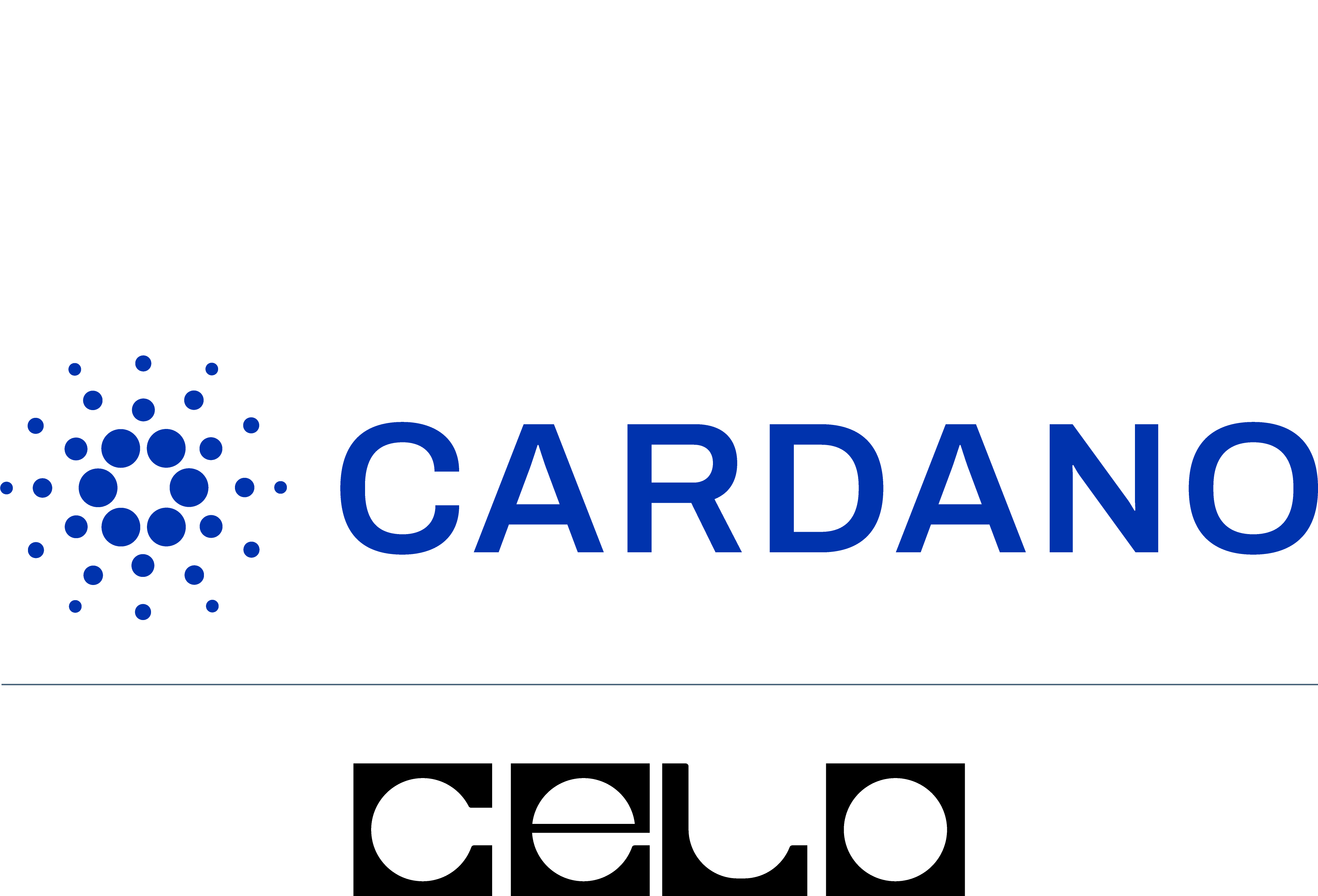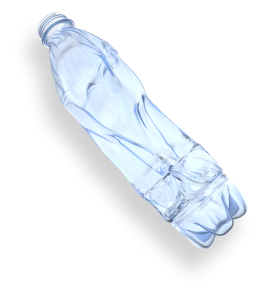Our Sustainable actions

This NFT directly supports kilograms of plastic collected by these collectors on the Thai islands of Koh Lanta, Koh Jum, Koh Klang and Koh Sriboya located in the province of Krabi, Thailand.
Recovery Entity supported

This NFT directly supports kilograms of plastic collected by these collectors on the Thai islands of Koh Lanta, Koh Jum, Koh Klang and Koh Sriboya located in the province of Krabi, Thailand.
Recovery Entity supported

Operal sold a collectible
Ocean Cleanup by Operal and Liechtenstein Bankers Association
over 2 years agoplastic recovered
-
Roadmap
0x003014...c0C0 supported a roadmap
The first Medical Camp
over 2 years ago24 kgplastic recovered
Achievement completedRecognizing the importance of their contribution to society and the risks associated with their work, Esperanza Global has decided to take a step towards their betterment. The company plans to organize monthly medical health camps specifically for the waste picking community. These health camps will provide a wide range of medical services such as full-body check-ups, medical advice, and the provision of necessary medicines.
In addition to medical support, the health camps will also raise awareness among the waste pickers about the importance of handling waste safely and taking protective measures to prevent injuries and infections. The waste picker community is particularly susceptible to respiratory diseases like tuberculosis and other ailments like nausea, vomiting, and headaches. Therefore, the medical health camps will address these concerns and provide the necessary treatment.
Esperanza Global is committed to securing funding to ensure the success of this initiative. By doing so, the company aims to improve the overall health and wellbeing of the waste picker community, whose contribution to society often goes unnoticed.
In summary, Esperanza Global’s initiative to organize monthly medical health camps for the waste picker community is a noble effort aimed at providing them with much-needed medical assistance and raising awareness about the importance of safe waste handling practices. With sufficient support and funding, this initiative has the potential to make a significant impact on the lives of the waste picker community.
Recovery Entity supported

Operal supported a Recovery Entity
Second Life Certificate 2
over 2 years agoplastic recovered
This NFT directly supports kilograms of plastic collected by these collectors on the Thai islands of Koh Lanta, Koh Jum, Koh Klang and Koh Sriboya located in the province of Krabi, Thailand.
Recovery Entity supported
Operal supported a roadmap
Capacity, capacity, capacity to recover more
over 2 years agoplastic recovered
Our current collection vehicle is a lovely three-wheeler with fun cartoons on it. But as lovely and fun looking it is as much of a strain it is to operate it profitable.
The calculation is easy - At maximum capacity the value of the plastic waste transported must be more than the cost of operation. Sadly, prices of waste plastic are still too low in Sri Lanka to make that calculation work. At the moment it only makes sense for us to run the vehicle because we can recycle some of the plastic waste in house and generate more value per weight.
We do have buyers for all types of plastics, even nylon waste fishing gear but to collect waste material in bulk our payload must increase.
The next larger vehicle that would secure the profitability of our operation would be a single cab Bolero pick up and has a price of approximately $15,000 USD and part of the financing will come from the sale of our current three-wheeler.
Furthermore, a larger vehicle will not only secure the workplaces of our staff members but also create new workplaces in sorting and processing. Considering Sri Lanka’s economic situation, we believe it is very important to provide more work in the country and avoid Sri Lankans going abroad for work, leaving their family behind.
So, in the end it is not only about capacity but also our staff, staff, staff. If we want to retain dignified jobs in waste management in Sri Lanka, we need to keep staff from leaving the country. Capacity = retained staff = good work that keeps the environment clean and increases recycling rates of all plastics.
Recovery Entity supported
Operal supported a roadmap
Capacity, capacity, capacity to recover more
over 2 years agoplastic recovered
Our current collection vehicle is a lovely three-wheeler with fun cartoons on it. But as lovely and fun looking it is as much of a strain it is to operate it profitable.
The calculation is easy - At maximum capacity the value of the plastic waste transported must be more than the cost of operation. Sadly, prices of waste plastic are still too low in Sri Lanka to make that calculation work. At the moment it only makes sense for us to run the vehicle because we can recycle some of the plastic waste in house and generate more value per weight.
We do have buyers for all types of plastics, even nylon waste fishing gear but to collect waste material in bulk our payload must increase.
The next larger vehicle that would secure the profitability of our operation would be a single cab Bolero pick up and has a price of approximately $15,000 USD and part of the financing will come from the sale of our current three-wheeler.
Furthermore, a larger vehicle will not only secure the workplaces of our staff members but also create new workplaces in sorting and processing. Considering Sri Lanka’s economic situation, we believe it is very important to provide more work in the country and avoid Sri Lankans going abroad for work, leaving their family behind.
So, in the end it is not only about capacity but also our staff, staff, staff. If we want to retain dignified jobs in waste management in Sri Lanka, we need to keep staff from leaving the country. Capacity = retained staff = good work that keeps the environment clean and increases recycling rates of all plastics.
Recovery Entity supported

Operal created a collectible
Ocean Cleanup by Operal and Liechtenstein Bankers Association
over 2 years agoplastic recovered

Operal created a collectible
Ocean Cleanup by Operal and Liechtenstein Bankers Association
over 2 years agoplastic recovered
Operal created a collection
Ocean Cleanup by Operal & Liechtenstein Bankers Association
over 2 years agoplastic recovered





